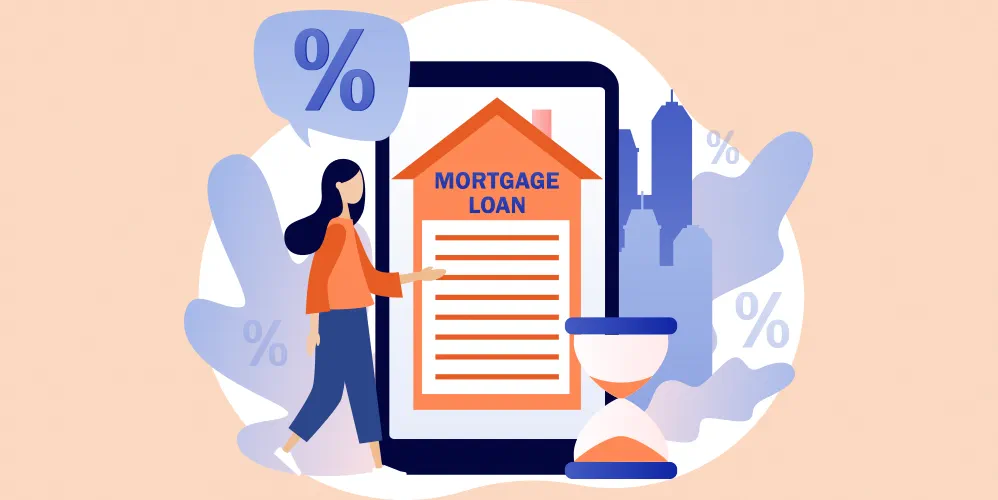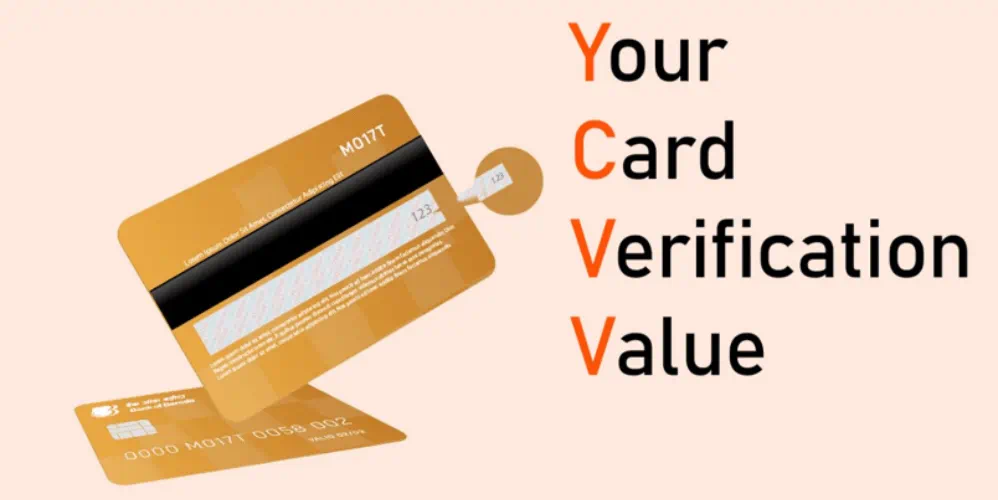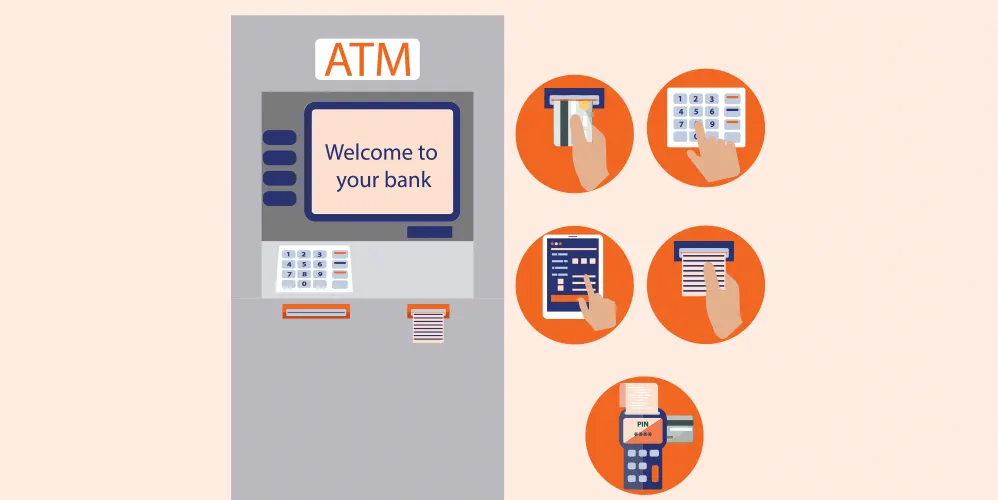
Understanding the Differences Between Home Loans and Mortgage Loans
20 मई 2024

Table of Content
-
Introduction
-
Differences Between Home Loans and Mortgage Loans
-
Definitions of Home Loans and Mortgage Loans
-
Purpose and Primary Objectives: Home Loans vs Mortgage Loans
-
Types of Properties Covered: Home Loans vs Mortgage Loans
-
Loan Structure and How Payments Are Made
-
Interest Rate Options: Fixed vs. Adjustable
-
Government Involvement and Backing
-
Eligibility Criteria for Borrowers
-
Loan Limits and Maximum Amounts
-
Risks and Benefits Associated with Each Loan Type
-
Conclusion
Introduction
In the world of finance, loans are as diverse as the people who avail them. But there's one common misunderstanding that we'd like to address: the difference between home loans and mortgage loans. Many people believe these terms are interchangeable, but they are actually two distinct financial products with different purposes, features, and implications. To ensure you make informed decisions when it comes to your homeownership or financial goals, let's break down the key differences between mortgage loans vs home loans.
Differences Between Home Loans and Mortgage Loans
Both Home Loans and Mortgage Loans are secured advances. Home Loans are generally availed for purchase / construction / renovate or extension of a residential property, while Mortgage Loans are vailed against existing properties for various financial needs in which the specific purpose is not defined (other than speculative purpose). The interest rate in Home Loans is lower as compared to mortgage loans and the maximum repayment tenure in Home Loans is 30 years while in mortgage loans it is 15 years. The Lone to value ratio in Home Loans is maximum 90%, while in Mortgage loan it is 75%.
Definitions of Home Loans and Mortgage Loans
Home Loan :
A Home Loan is generally availed to purchase / construct / renovate or extension of the residential property.
Mortgage Loan :
A loan secured against an existing property availed for any purpose other than speculative.
Purpose and Primary Objectives: Home Loans vs Mortgage Loans
Now that we've got the definitions straight, let's talk about what these loans are really for:
Home Loan :
It is a specific fund for buying / construction / renovation or extension of a residential unit and cannot be used for any other purpose as defined in terms and conditions. Home loans are all about helping you become a homeowner or giving your existing home a makeover.
Mortgage Loan :
Think of it as your financial Swiss Army knife. Mortgage loans can cover a broader range of needs, from buying property to paying for major life events like education or medical bills etc.
Types of Properties Covered: Home Loans vs Mortgage Loans
Home Loan :
As the name suggests, home loans are all about residential properties. They can be used to buy one, build one, fix one up, or even grab a piece of land for your future dream home.
Mortgage Loan :
Residential, Commercial and Industrial Properties are covered under Mortgage Loans.
Also read: How Mortgage Loans Work?
Loan Structure and How Payments Are Made
Home Loan :
Home loans often come with longer repayment periods, .and repaid in monthly Equated monthly instalments (EMI). Due to longer tenure and lower ROI, EMI is generally less as compared to Mortgage Loans for the same quantum of loan.
Mortgage Loan :
Mortgage loans usually have shorter repayment and repaid in monthly Equated monthly instalments (EMI). Due to shorter tenure and higher ROI, EMI is generally more as compared to Home Loans for the same quantum of loan.
Interest Rate Options: Fixed vs. Adjustable
Bank of Baroda offers diverse interest rates to cater to your needs.
Home Loan Interest Rates :
The interest rates in Home Loan depends on the CIBIL score of the applicants. Currently the Bank is offering lowest Rate of interest in Home Loans for CIBIL score 771 and above.
Also Read: Impact of Credit Score on Home Loan
Mortgage Loan Interest Rates :
The interest rate in Mortgage Loan depends on the CIBIL score of applicants, tenure of the loan and quantum of loan. The ROI is generally 2-3% higher than home loans.
Now, the key difference in interest rate options:
Fixed Interest Rates :
These rates ensure steady monthly payments throughout your loan term or up to an extent it is allowed as per Bank’s guidelines, providing stability and predictability.
Adjustable Interest Rates :
Also known as floating rates, they may start lower, offering initial cost savings but can increase or decrease over time, potentially increasing or decreasing your monthly payments. Consider your preferences and risk tolerance when choosing between them.
Government Involvement and Backing
Home Loan :
The government of India offers several schemes that provide subsidies and other benefits on home loans . These schemes are designed to make homeownership more affordable for all Indians.
Mortgage Loan :
The Government of India does not offer any specific schemes or subsidies for mortgage loans.
Eligibility Criteria for Borrowers
The eligibility criteria for borrowers of home loans and mortgage loans in India vary depending on the type of loan and the lender. However, some general eligibility criteria include:
- Age: The applicant must be at least 21 years and below 60 years of age in case of salaried and 65 years of age in case of non-salaried
- Income: The borrower must have a regular income that is sufficient to repay the loan installments.
- Credit score: The borrower must have a good credit score.
- Employment: The borrower must be employed or self-employed.
- Property: The property being purchased must be mortgaged to the lender.
Additional criteria for mortgage loans
- Property value: The value of the property must be sufficient to cover the loan amount.
- Net income: The borrower's net income must be sufficient to repay the loan installments.
Loan Limits and Maximum Amounts
When considering how much you can borrow through a Home Loan or a Mortgage Loan, it depends on various factors, including your lender, financial situation, and the property's value.
Home Loan :
Home Loans often cover 75%-90% of agreement value or realizable value of the property. With Bank of Baroda's Home Loans , you can enjoy a repayment tenure of up to 30 years, and the option to earn interest benefits in home loan Advantage scheme by depositing savings in a linked account.
Mortgage Loan :
Mortgage Loans typically cover up to 75% of realizable value of the property. Bank of Baroda's Mortgage Loans have a maximum tenure of 15 years.,
Risks and Benefits Associated with Each Loan Type
The risks and benefits can differ widely based on factors like interest rates, loan terms, and your financial situation. Home loans offer longer repayment periods and lower interest rates, which are great for homeownership. Mortgage loans, on the other hand, provide flexibility for various needs but often require higher monthly payments and come with slightly higher interest rates.
Conclusion
In a nutshell, understanding the difference between a home loan and a mortgage loan is crucial, as they're similar, but with distinct personalities and purposes. A home loan serves as your trusty sidekick when it comes to achieving homeownership, offering stability and comfort along the way. On the other hand, a mortgage loan stands as the all-in-one tool in your financial toolbox, adaptable to various life situations but demanding a bit more from your wallet each month. Armed with this knowledge about mortgage loan vs home loan, you can make informed decisions when it's time to choose the right loan for your needs—whether that's building your dream home or handling life's unexpected challenges.
Popular Articles
Tag Clouds
Related Articles



What is CVV on a Debit Card? Understanding Its Importance and Security Features


How to Update Your FASTag KYC: Step-by-Step Guide for Online & Offline Methods




The Importance of Pension Funds: Secure Your Future with Steady Retirement Income

-
डिस्क्लेमर
इस लेख/इन्फोग्राफिक/चित्र/वीडियो की सामग्री का उद्देश्य केवल सूचना से है और जरूरी नहीं कि यह बैंक ऑफ बड़ौदा के विचारों को प्रतिबिंबित करे। सामग्री प्रकृति में सामान्य हैं और यह केवल सूचना मात्र है। यह आपकी विशेष परिस्थितियों में विशिष्ट सलाह का विकल्प नहीं होगा । बैंक ऑफ बड़ौदा और/या इसके सहयोगी और इसकी सहायक कंपनियां सटीकता के संबंध में कोई प्रतिनिधित्व नहीं करती हैं; यहां निहित या अन्यथा प्रदान की गई किसी भी जानकारी की पूर्णता या विश्वसनीयता और इसके द्वारा उसी के संबंध में किसी भी दायित्व को अस्वीकार करें। जानकारी अद्यतन, पूर्णता, संशोधन, सत्यापन और संशोधन के अधीन है और यह भौतिक रूप से बदल सकती है। इसकी सूचना किसी भी क्षेत्राधिकार में किसी भी व्यक्ति द्वारा वितरण या उपयोग के लिए अभिप्रेत नहीं है, जहां ऐसा वितरण या उपयोग कानून या विनियमन के विपरीत होगा या बैंक ऑफ बड़ौदा या उसके सहयोगियों को किसी भी लाइसेंसिंग या पंजीकरण आवश्यकताओं के अधीन करेगा । उल्लिखित सामग्री और सूचना के आधार पर किसी भी वित्तीय निर्णय लेने के लिए पाठक द्वारा किए गए किसी भी प्रत्यक्ष/अप्रत्यक्ष नुकसान या देयता के लिए बैंक ऑफ बड़ौदा जिम्मेदार नहीं होगा । कोई भी वित्तीय निर्णय लेने से पहले अपने वित्तीय सलाहकार से सलाह जरूर लें।
ईएमआई को समझना: तात्पर्य , गणना एवं अन्य कारकों का पूर्ण रूप
ईएमआई मासिक किस्तों पर आधारित है जिसे उधारकर्ता प्रत्येक महीने निर्धारित तिथि पर एक निश्चित अवधि तक ऋणदाता को भुगतान किया जाता है।
एफडी पर ऋण पाने के लिए एक पूरी गाइड
तत्काल नकदी प्राप्त करने के लिए सावधि जमा के बदले पैसे उधार लेना आसान है। इसके अलावा, आपके पास अपने निवेश किए गए सभी या एक हिस्से को गवाएं बिना एफडी के बदले ऋण उधार लेने का विकल्प रखें । एफडी प्रोग्राम के तहत बैंक ऑफ बड़ौदा आपको अपने ओवरड्राफ्ट पर 90% तक उधार लेने की अनुमति देता है। केवल राशि जिसे चुकाया जाना होता है , वह है , मूल ऋण राशि एवं उसका ब्याज ।

